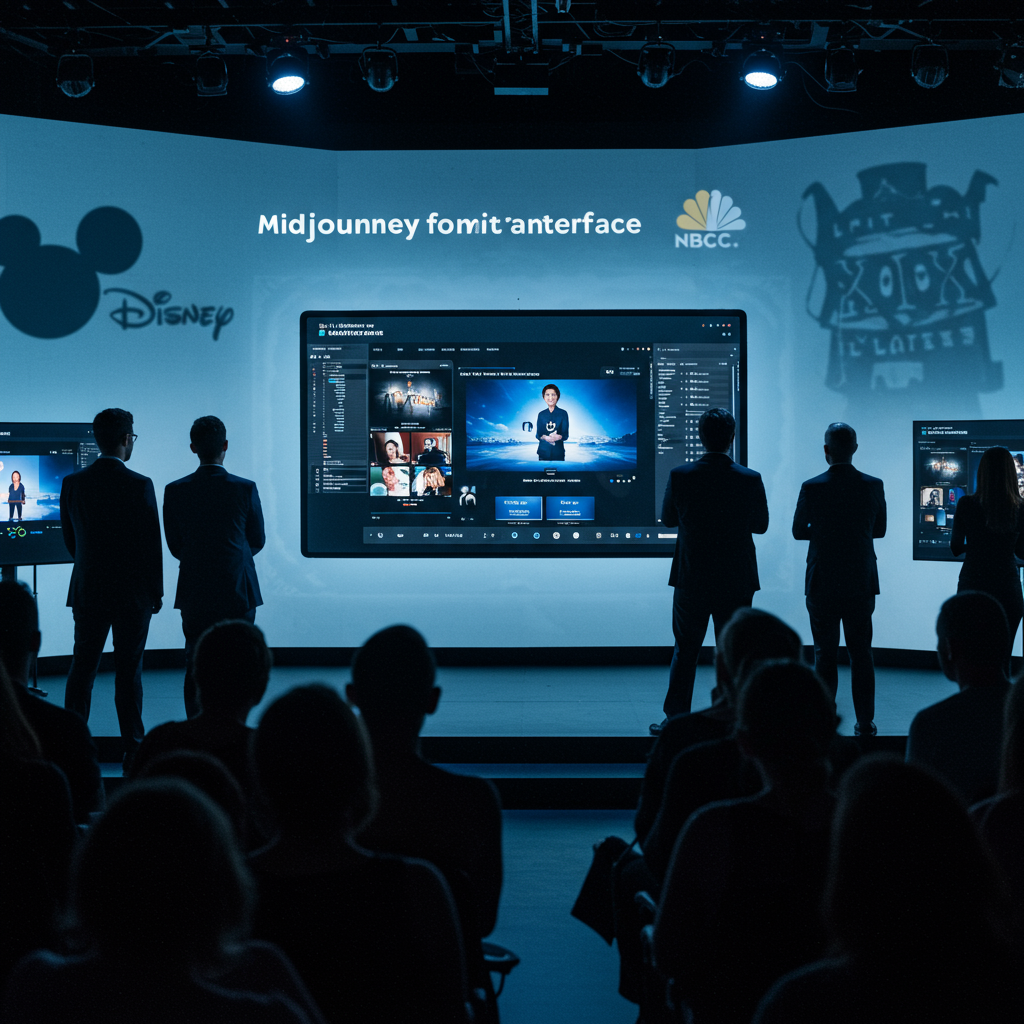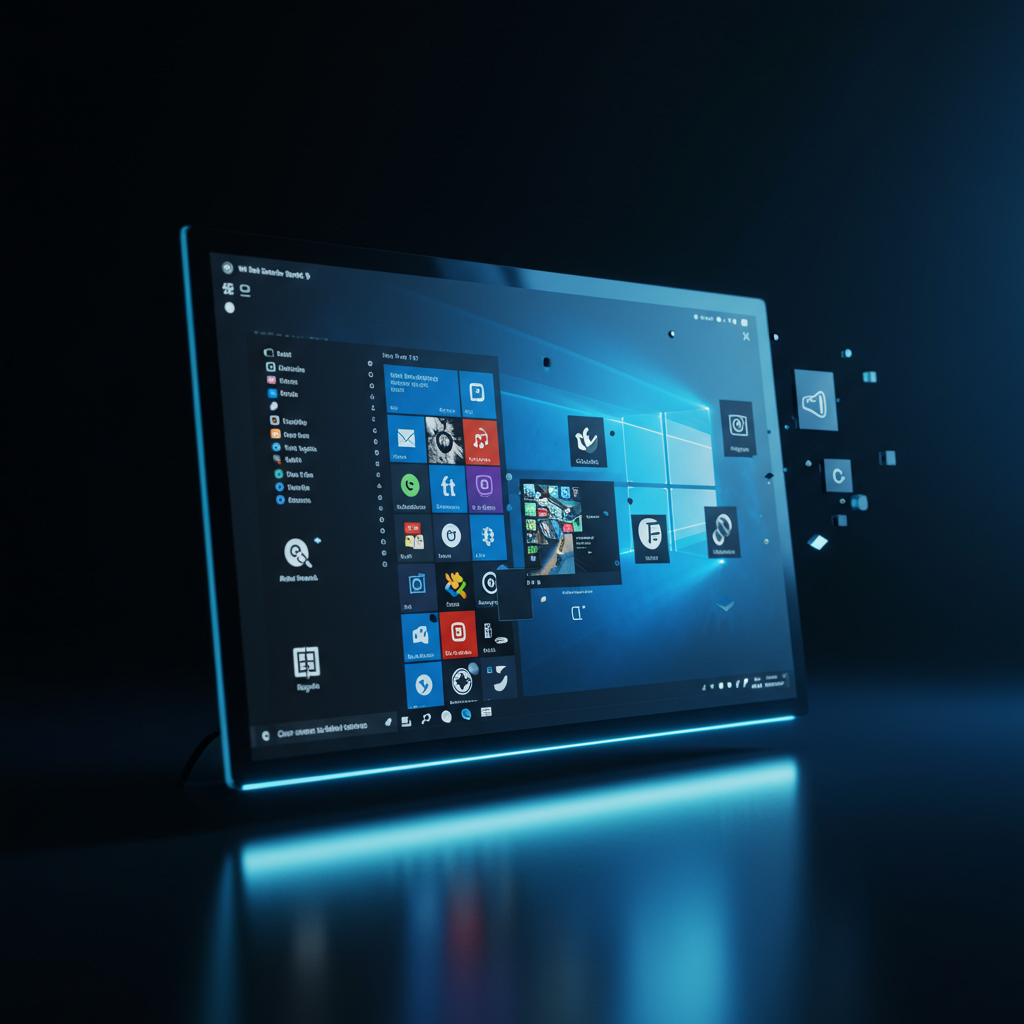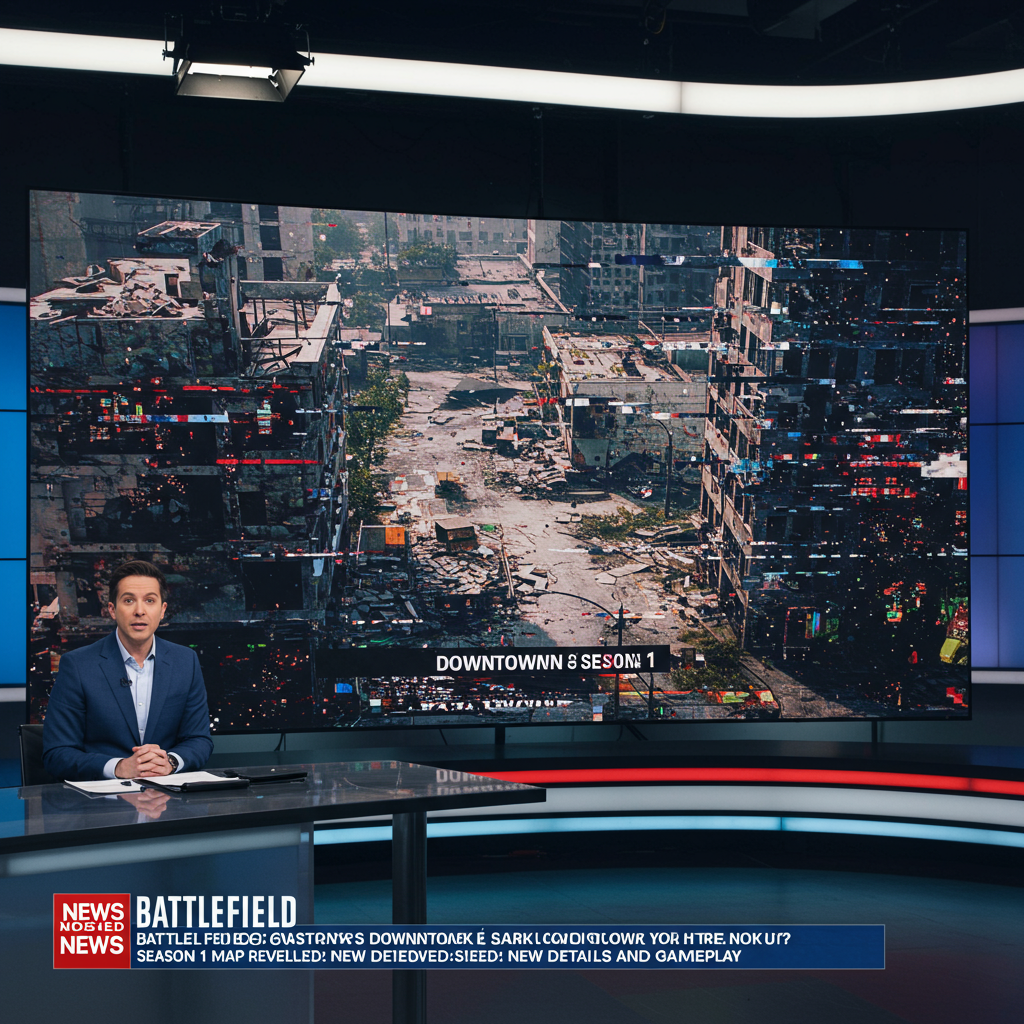Midjourney Unveils First AI Video Tool Under Shadow of Major Copyright Lawsuit
Just one week after being targeted in a significant copyright infringement lawsuit filed by entertainment giants Disney and NBCUniversal, AI image generation company Midjourney has rolled out the first version of its video creation model.
The launch introduces an “Image-to-Video” workflow, allowing users to transform existing images into short video clips. This can be done with images generated within Midjourney or those uploaded externally. A simple “Animate” button initiates the process, offering both an “automatic” setting or a “manual” option where users can guide the motion and scene development using text prompts.
At launch, a single video job will generate four 5-second videos. Users can then extend their preferred clips incrementally by roughly 4 seconds at a time, up to a total of four extensions.
While the cost for a generative AI video job is approximately eight times higher than an image job (images are estimated to cost 3-5 cents), Midjourney claims its pricing is “over 25 times cheaper” than previously available market alternatives.
In a blog post announcing the tool, signed by “David” (presumably CEO David Holz), the company stated its goal is to provide a tool that is “fun, easy, beautiful, and affordable so that everyone can explore,” believing they have struck a “solid balance.” The long-term vision described is an ambitious one: a real-time, interactive AI system capable of generating imagery in 3D space where users can move and interact with dynamic environments and characters. The post characterized the current video model as a “stepping stone” towards this future. Midjourney also included a plea for users to utilize the technology “responsibly,” suggesting its proper use can be “really useful, or even profound.”
Midjourney shared a sizzle reel showcasing examples of AI-generated video clips created with the new tool.
Lawsuit Allegations: Piracy, Plagiarism, and Setting Precedent
The timing of the video tool launch is notable given the major copyright infringement lawsuit filed against Midjourney by Disney and NBCUniversal on June 11 in a U.S. district court in Los Angeles. This action marks the first time major Hollywood studios have jointly sued an AI company specifically over the alleged misuse of copyrighted material for training purposes and generating infringing output.
The core of the studios’ claim, spanning over 100 pages, alleges that Midjourney is a “copyright free-rider” and a “bottomless pit of plagiarism,” profiting immensely by using their valuable intellectual property without permission or compensation. They argue that Midjourney’s system allows users to generate “almost perfect” copies of copyrighted characters by simply prompting the AI. The lawsuit reportedly includes side-by-side comparisons of original film stills and Midjourney-generated images featuring iconic characters like Marvel superheroes, Minions from “Despicable Me,” and characters from franchises including Star Wars, “The Simpsons,” “Toy Story,” and “Shrek.”
Studios contend this constitutes “textbook copyright infringement,” emphasizing that “piracy is piracy, and whether an infringing image or video is made with AI or another technology does not make it any less infringing.” They claim Midjourney has the technical ability to implement measures to prevent the generation of infringing material but has allegedly ignored prior requests to do so, prioritizing financial gain from its subscription service (which reportedly earned $300 million in revenue in 2024 with nearly 21 million users).
Beyond seeking unspecified monetary damages (potentially up to $150,000 per infringed work) and an accounting of Midjourney’s profits, Disney and NBCUniversal are also seeking an injunction to stop the infringing activities, which could potentially impact the newly launched video service.
Legal experts suggest the studios have a strong case, particularly focusing on Midjourney’s generation of nearly identical character copies for profit. While Midjourney might raise defenses like fair use or claim users are responsible, analysts believe these arguments will be challenging given the company’s subscription model and demonstrated ability to control output (e.g., restrictions on violent content).
The studios view this lawsuit as critical for establishing legal precedent on how AI companies can operate, how AI models can be trained using copyrighted data, and what constitutes acceptable AI output. The outcome is expected to significantly influence the future relationship between AI technology and creative industries, potentially leading to new licensing frameworks or clarifications of fair use standards, akin to past legal battles over technologies like the VCR or digital music.
As of the time of the original article, Midjourney has not issued a public statement regarding the lawsuit or responded to requests for comment.




